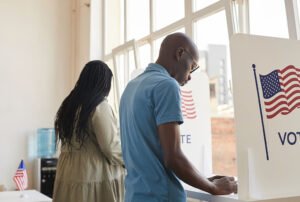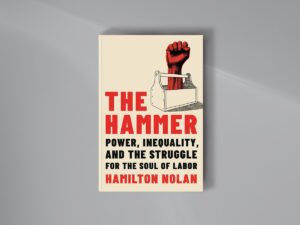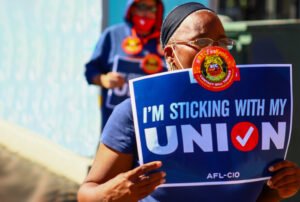August 1, 2011; Source: The New York Times | While widespread frustration with partisan gridlock over the national debt ceiling has dominated recent headlines, discontent has been festering far longer. The Tea Party movement’s emergence is partly attributable to that frustration, but it’s not the only organized effort. Americans Elect (AE) is a 501(c)(4) nonprofit corporation that launched in 2010, well before the debt ceiling debacle. Its stated purpose is to combine “our oldest values with our newest technologies to create another path to the presidency” through a direct nomination process that isn’t beholden to major political parties. According to the group’s COO Elliot Ackerman, the aim is to create a “second process” rather than a “third party.”
AE has two major activities. First, they’re gathering signatures and taking legal steps to reserve a spot on the 2012 presidential election ballot in each state. So far, they’ve secured ballot spots in four states, and gathered over 1.6 million signatures where similar efforts are under way. Second, through online polling, discussion, candidate nomination, candidate questionnaires, and a convention in June 2012, AE will confirm the actual president/vice-president ticket. Made up of Democrats, Republicans, and independents, the ticket will be, by design and by rule, “tripartisan.”
AE is attracting vocal advocates, for example political centrist and New York Times journalist Thomas L. Friedman. In his words, “What Amazon.com did to books, what the blogosphere did to newspapers . . . Americans Elect plans to do to the two-party duopoly . . . remove the barriers to real competition, flatten the incumbents, and let the people in.”
Sign up for our free newsletters
Subscribe to NPQ's newsletters to have our top stories delivered directly to your inbox.
By signing up, you agree to our privacy policy and terms of use, and to receive messages from NPQ and our partners.
It’s also attracting skeptics, who point to the hedge-fund fortunes underwriting its start-up. Ackerman’s father, investor Peter Ackerman, provided at least $1.55 of the $20 million in start-up loans. Critics also highlight the organization’s lack of transparency: although originally established as a Section 527 organization, it reorganized six months later as a 501(c)(4), with no requirements to disclose its donors.
For their part, AE organizers insist they have no agenda, special interests, or candidates of their own. They commit to repay all start-up loans by building a grassroots donor base, with individual donations limited to $10,000. They defend their selection of an organizational structure that doesn’t require disclosure of donors as being necessary to protect supporters from political fallout.
At best, AE could reinvigorate the democratic process through refocusing political debate and rewarding nonpartisanship. At worst, it could prove to be a particularly opaque PAC. It’s an interesting wild card for sure.
—Kathi Jaworski













